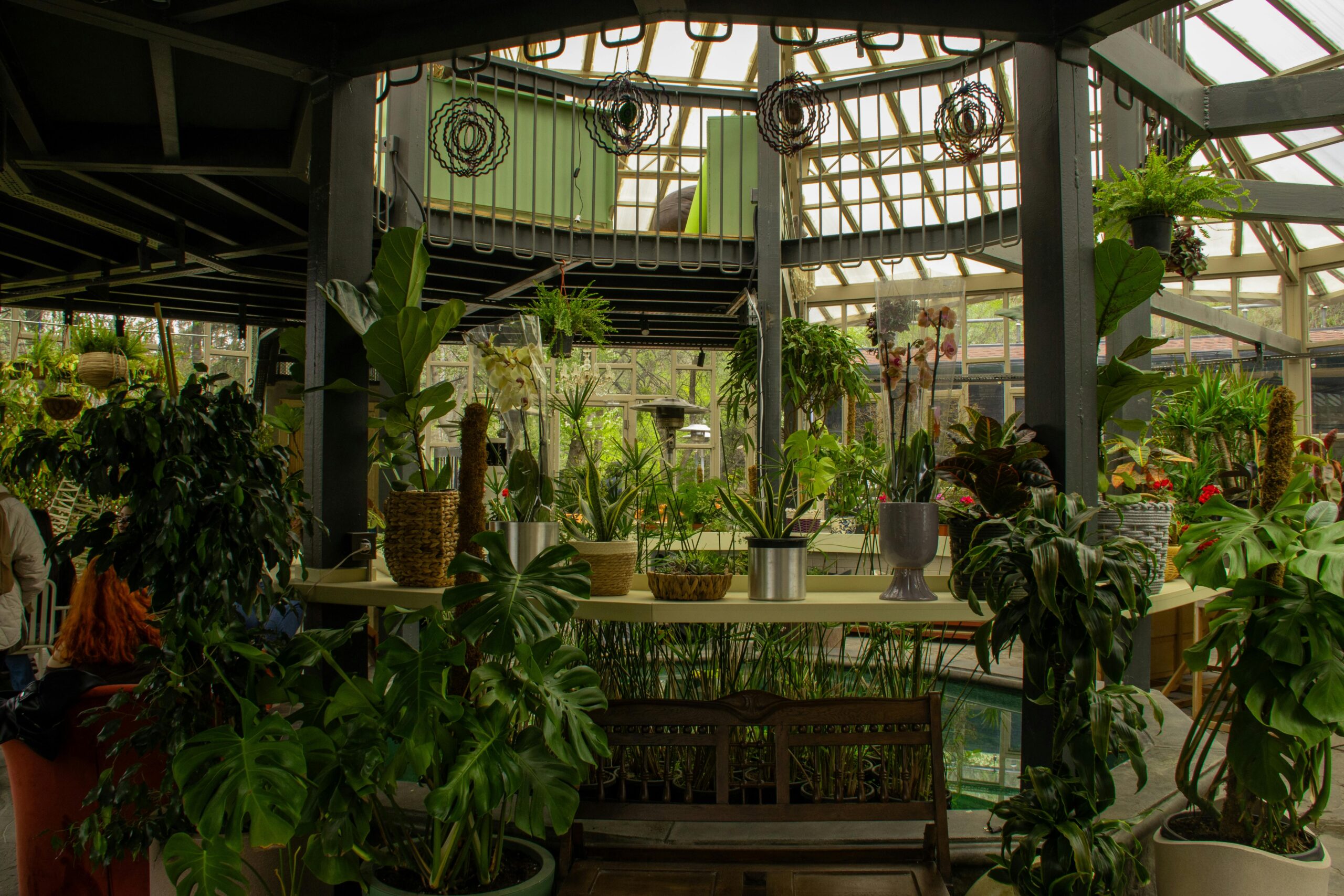Introduction to Energy-Efficient Air Conditioners
As temperatures rise, the need for efficient and affordable cooling solutions becomes increasingly important. Air conditioning units, once considered a luxury, have become a necessity for many households. However, with the growing concern for energy consumption and environmental impact, it’s crucial to find air conditioners that not only keep your home cool but also do so efficiently and cost-effectively. This article explores the world of energy-efficient air conditioners, helping you understand how to make the most informed decision for your home.
Understanding Energy Efficiency in Air Conditioners
When it comes to selecting an air conditioner, energy efficiency is a key factor to consider. Energy-efficient air conditioners are designed to use less electricity while providing the same level of cooling. This not only helps reduce your energy bills but also minimizes your carbon footprint. One way to measure an air conditioner’s efficiency is through its Seasonal Energy Efficiency Ratio (SEER) rating. The higher the SEER rating, the more efficient the unit is. Modern units often have a SEER rating of 13 or higher, with some models reaching ratings in the low 20s.
Moreover, energy-efficient air conditioners often come equipped with advanced features such as programmable thermostats, which allow you to set specific temperatures for different times of the day. This ensures that the unit operates only when necessary, further reducing energy consumption. Additionally, some models use environmentally friendly refrigerants, which are less harmful to the ozone layer compared to older refrigerants.
When selecting an air conditioner, consider the size of the unit in relation to the space you need to cool. A unit that is too large will cycle on and off more frequently, wasting energy, while a unit that is too small will struggle to cool the space efficiently. Consulting with a professional can help you determine the right size and type of air conditioner for your needs.
Affordable Options for Every Home
Finding an affordable air conditioner that doesn’t compromise on efficiency is possible with some research and planning. Window units and portable air conditioners are typically more budget-friendly options, suitable for cooling individual rooms or small spaces. These units are easy to install and can be moved as needed, providing flexibility for renters or those with limited space.
For larger homes, consider split-system air conditioners, which offer a balance between cost and efficiency. These systems consist of an indoor and outdoor unit, allowing for more controlled cooling and reduced energy use. Although the initial investment may be higher than window units, the long-term savings on energy bills can make them a cost-effective choice.
Another option to explore is ductless mini-split systems, which are known for their high efficiency and ability to cool specific zones within a home. This targeted approach means you only cool the areas you use, further reducing energy consumption. While these systems can be more expensive upfront, many homeowners find the energy savings and comfort they provide to be well worth the investment.
Ultimately, the right choice depends on your specific needs, budget, and home layout. By considering the various options available, you can find an air conditioner that provides both affordability and energy efficiency.
Conclusion: Making an Informed Decision
Choosing an energy-efficient air conditioner is an investment in both your comfort and the environment. By understanding the importance of energy efficiency, exploring different types of air conditioners, and considering your specific needs, you can find a solution that keeps your home cool without breaking the bank. Remember to look for units with high SEER ratings, programmable features, and environmentally friendly refrigerants.
Whether you opt for a window unit, split-system, or ductless mini-split, there are affordable options available that meet the needs of various households. With careful consideration and planning, you can enjoy a comfortable home while minimizing your energy consumption and environmental impact.






